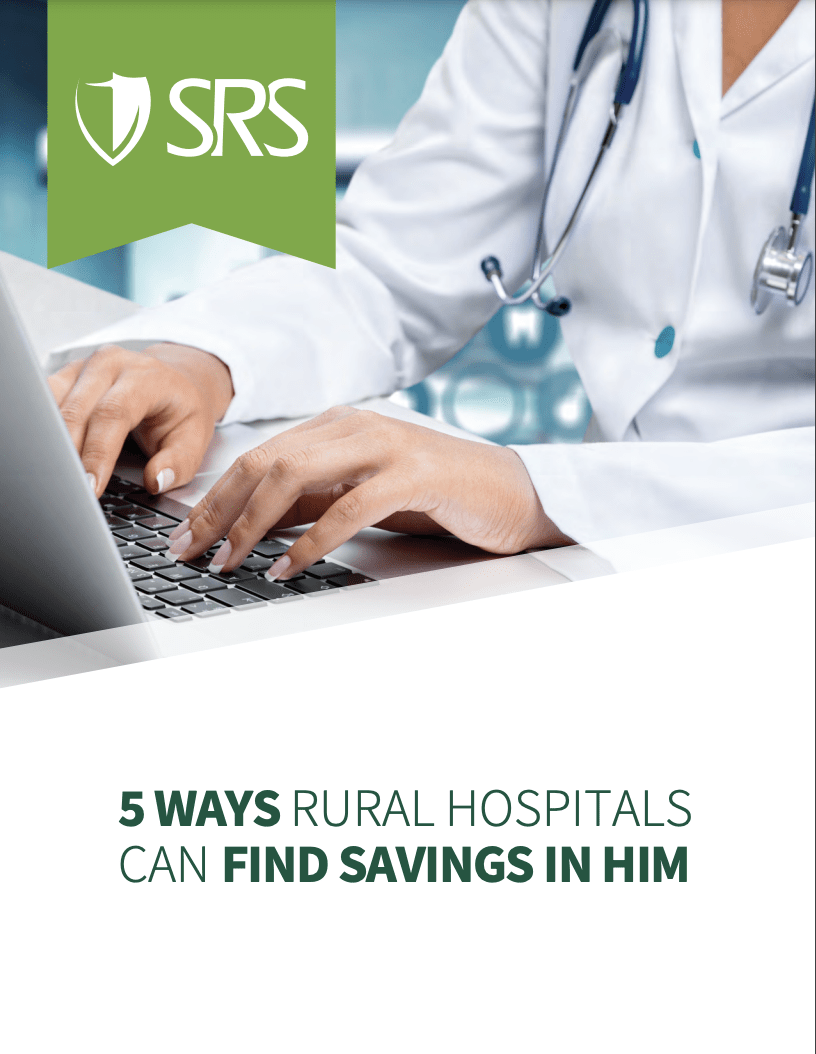Closing Medical Practice
There are many requirements for retaining medical records even after closure. We can help you navigate the transition.

Superior Care For Your Records
If you are a physician or health administrator facing closure or planning retirement, you need a partner who places as much importance on patient care, cost certainty and compliance as you do. Through our sister-company, Cariend, we offer best-in-class custodial solutions including records management and patient release of information.
How It Works
We help you navigate the closure process, quickly removing the burden of managing your records







You Contact Us
Contact our expert team to discuss your transition and specific requirements. With over 30 years of experience in health information management and hundreds of client transitions, we will walk you through what to expect.
Initial Consultation
During this step we gather information about your records including the types of records you have (physical or digital, medical or business), the volume in terms of the number of boxes, linear feet, or gigabytes of data, and the specific retention requirements by state and record type.
Project Customization
Using the volume and retention information, we provide a customized solution to account for the variables of your specific project such as geography, volume, and record format. All proposals include upfront pricing for the life of the records, with no hidden charges or surprises.
Records Transfer of Custody
For physical records, we consolidate the records in our secure, PRISM Privacy+ Certified facilities. We offer a variety of packing and transportation options to meet your timeline and budget. We convert digital record sets into an open-source system to eliminate ongoing costs like software licenses, helping you navigate any IT barriers to ensure a successful transition.
Patient Notification
We introduce you to our dedicated Release of Information (ROI) team. You simply make this information available to those are entitled to receive copies of the records throughout the statutory retention.
Release of Information
Going forward, we manage the records entirely. Patients request copies of their medical records directly from Cariend via our secure Release of Information portal. Valid requests are transferred in a secure, HIPAA-compliant manner through our sophisticated platform.
Secure Destruction
Once your required retention period has been met, we securely destroy the records in a HIPAA-compliant manner upholding the nation’s most stringent NAID-AAA standards for destruction.
5 ways rural hospitals can find savings in HIM
From our many years serving thousands of healthcare clients all over the country, we’ve found a few key areas hospitals can find savings in health information management (HIM) by scanning smarter, optimizing retention, and evaluating space.
Download our white paper to learn more about our insights.

Join Thousands of Happy Clients
Have More Questions?
What is a Records Custodian?
A records custodian is a partner to help healthcare providers in transition. Sometimes that may look like closure or retirement. Other times a hospital is simply shutting down a department. Regardless, patient records remain that must be managed for years after the last patient is seen. We help providers understand their responsibility and navigate the transition.
Learn more by downloading our “What is a Records Custodian?” fact sheet available here.
Who needs a Records Custodian?
Any business or medical practice that is no longer operating, for any reason, is legally required to store and make records available for a specific amount of time. Failure to meet this obligation can result in fines, penalties, and potential litigation against the former operators.
How do I find out what my Custodial Records project will cost?
All Cariend needs to provide you with a comprehensive solution is an idea of the volume, nature, and retention of your records. With some basic information about how much, what type(s), and how long you need to store the records, Cariend can provide you with a very accurate and comprehensive proposal, which will enable you to quickly walk away from the long-term obligations associated with managing your records. If you need assistance identifying your requirements, contact us for help.
How does the Custodial Records process work?
Once Cariend provides you with a comprehensive proposal, we consolidate your records in our secure storage facilities, and provide you with the direct contact information of our dedicated Release of Information team. You simply make this information available to those who are entitled to receive copies of the records throughout the statutory retention period. Any valid requestors contact Cariend directly, enabling you to walk away from the entire process. Once your required retention period has been met, Cariend securely destroys the records.
If my Business or Medical Practice is no longer operating, do I still have to maintain the records?
Yes – Federal and State laws require you to maintain records for certain periods of time, depending on where you are located, and what type of records you have.
The owner of the business or medical practice passed away, or the business went bankrupt – do I still have to maintain the records?
Yes – Federal and State laws require the records be maintained for certain periods of time. In some cases, the laws may provide some flexibility, depending on the reasons why a business or healthcare facility is no longer operating. You should consult with a legal representative with knowledge of your business or industry.
What if I’m acquiring a medical practice or another hospital?
Often, healthy healthcare systems tend to grow and acquire new facilities. In those instances, the acquiring facility is responsible for the legacy records of the acquired facility, which may be considered a liability. It can be daunting to assess the records and make informed decisions about what needs to be stored, scanned, or shredded. We serve as a bridge for records access, for both patients and the acquiring facility, and can provide ongoing operational efficiency for the new entity that results from a merger.
How do I know how long to store my records?
Statutory Retention (the amount of time State and/or Federal laws dictate records must be stored) varies based on several factors, including where you are located and the type of records. Retention varies significantly by record type – i.e., standard adult medical records vs. pediatric records vs. vital records. You should consult with an attorney, your malpractice/risk insurer, or state agency to be certain of your specific records retention, as the penalties for failing to meet these requirements can be severe. For medical records, Cariend’s state-by-state comparison is a helpful resource. This resource is provided as a reference and is not intended as legal advice.
Resource for Medical Records Retention Laws by State available here.
Can a Custodial Records vendor charge whatever they want to release copies of records to valid requestors?
No. Laws restrict what can be charged for certain record types, and these vary between states. There has recently been significant legal action taken against Custodial Records vendors that were charging for copies in violation of the law. Read more here.
How do I estimate the volume of my records?
Items such as file counts or pictures of your records do not provide enough information to quote your project. For paper records in drawers or shelves, measure how long each unit is and count the number of units – think like you are trying to measure all the files laid out, end-to-end, in one long line. For paper records in boxes, measure the longest dimension of the box and count the number of boxes. For electronic records, estimate how much data you have (in gigabytes or terabytes) taking into account the format your data is currently in, may be a different amount of data compared to the file sizes once your data has been converted to a generic format. Your software provider should be able to provide you with this calculation, and Cariend can assist if needed. For more information, see our guidance available here.
Is it better to just scan all my paper records?
Typically, no. Scanning tends to be much more expensive than physical storage, and it doesn’t eliminate any other requirements for managing the records.
Can my Custodial Records vendor store data from my proprietary system?
Typically, no, and this isn’t a secure approach. If the proprietary system vendor were to cease operations or discontinue the product before the statutory retention period, you risk being cut off from the data. The potential licensing, hosting, upgrade, and support costs, are also risky – the better approach is to perform a one-time export or conversion of the proprietary data to a generic format (PDF, CSV, etc.) This will eliminate any potential costs or uncertainty about the software vendor.
What if I have electronic data on a proprietary fileserver or software package that can’t be converted?
In some cases, the Custodial Records vendor may have to store hardware or media that could require a third party to access, if necessary. Your Custodial Records provider should be experienced in handling proprietary systems and working with third party data management vendors.
What if I have records in multiple digital systems and even physical files?
Cariend offers a comprehensive white glove service, ensuring a seamless process from the assessment of diverse record systems and storage locations, encompassing both digital and physical formats. Our meticulous organization and indexing procedures are executed to enhance record accessibility and streamline retention management.
What if I have sensitive records, or those with special handling requirements, such as Psychiatry notes, Substance Abuse & Mental Health (42 CFR Part 2), Mammography, or Pathology material?
The Cariend team has significant experience managing Release of Information for all record types, including those with specific handling requirements, beyond the general HIPAA laws.
Learn More About Document Scanning Solutions
What’s Challenging You?






